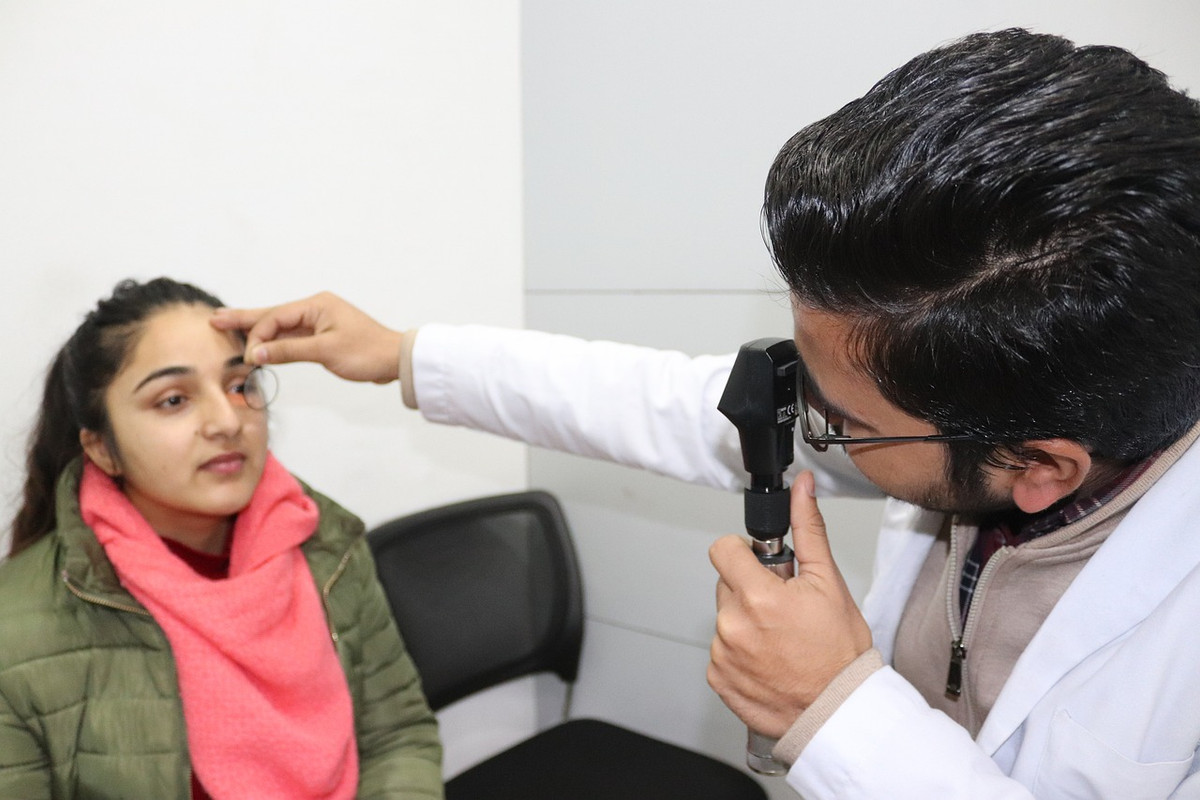Your eyesight isn't something to be taken lightly; it's a critical part of your overall health. Optometrists play a vital role in maintaining good eye health, offering comprehensive eye examinations, prescription eyewear, and contact lenses. But their assistance extends beyond these services. This article explores how optometrists can help ensure your eye health, from diagnosing and managing eye conditions to recommending lifestyle and nutrition changes.
Comprehensive Eye Examinations
Optometrists are trained to perform comprehensive eye examinations that assess your overall eye health. These evaluations include tests for visual acuity, peripheral vision, and color vision, among others. They can also detect conditions like glaucoma, cataracts, and macular degeneration early, increasing the chances of successful treatment.
 Prescription Eyewear and Contact Lenses
Prescription Eyewear and Contact Lenses
Optometrists are the go-to professionals for prescription eyewear and contact lenses. They can determine the correct prescription for your eyes, ensuring that you have the right glasses or contacts for clear vision. Optometrists can also advise you on the best types of lenses for your specific needs, such as bifocal, progressive, or transition lenses.
Vision Correction Surgery Consultations
Considering vision correction surgery like LASIK? Optometrists can provide consultations, explaining the risks and benefits, what to expect during the procedure, and the recovery process. They can also refer you to a reputable ophthalmologist and provide post-operative care to monitor your recovery and ensure the surgery's success.
Diagnosing and Managing Eye Conditions
Optometrists are essential in diagnosing and managing eye conditions. They have the skills to detect issues like dry eye syndrome, conjunctivitis, and retinal disorders. They can also manage chronic eye diseases, such as glaucoma, by prescribing medication or recommending other treatments.

Children's Eye Health
Children's eye health is crucial for their development and learning. Optometrists can perform eye exams for children to detect vision problems early. They can also prescribe glasses or contacts, and guide parents on how to maintain their child's eye health.
Eye Safety and Protection
Optometrists can recommend ways to protect your eyes from harm. This includes advising on the correct eye protection for sports, recommending sunglasses to protect your eyes from UV rays, and providing tips on how to avoid eye strain when using digital devices.
Computer Vision Syndrome (CVS) and Digital Eye Strain
With the increase in digital device usage, more people are experiencing Computer Vision Syndrome (CVS) and digital eye strain. Optometrists can diagnose these conditions and provide solutions, such as special eyewear, eye exercises, or changes in work habits.
Aging and Vision Changes
As we age, our vision changes. Optometrists can help manage these changes, diagnosing conditions like presbyopia, cataracts, and age-related macular degeneration. They can also provide guidance on how to maintain good eye health as you age.
Lifestyle and Nutrition Recommendations
Your lifestyle and diet can significantly impact your eye health. Optometrists can provide recommendations on diet, exercise, and other lifestyle changes that can help maintain or improve your eye health. This could include suggesting foods high in eye-healthy nutrients or advising on habits that can harm your vision.
Conclusion
In conclusion, optometrists play a vital role in maintaining good eye health. They provide comprehensive eye examinations, prescription eyewear, and contact lenses. They also diagnose and manage eye conditions, offer vision correction surgery consultations, and advise on eye safety and protection. Furthermore, they can guide you on managing Computer Vision Syndrome, changes in vision due to aging, and provide lifestyle and nutrition recommendations. Regular visits to an optometrist are a key factor in maintaining your overall ocular health.
Comments
Post a Comment